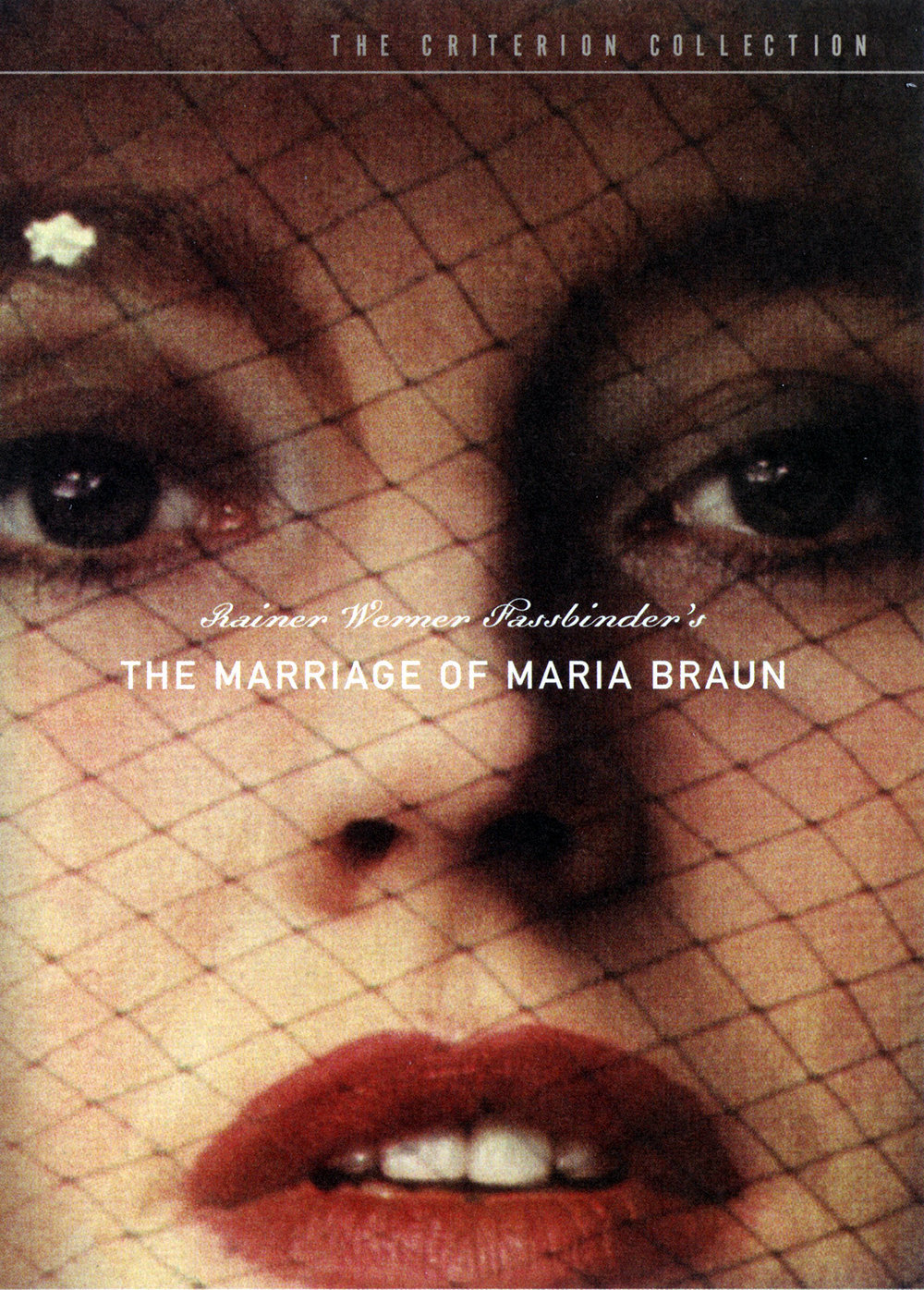Rainer Werner Fassbinder had been working his way toward this film for years, ever since he began his astonishingly prodigious output with his first awkward but powerful films in 1969. His films were always about sex, money, and death, and his method was often to explore those three subjects through spectacularly incompatible couples (an elderly cleaning woman and a young black worker, a James Dean look-alike and a thirteen-year-old girl, a rich gay about town and a simple-minded young sweepstakes winner).
Whatever his pairings and his cheerfully ironic conclusions, though, there was always another subject lurking in the background of his approximately thirty-three (!) features. He gave us what he saw as the rise and second fall of West Germany in the three postwar decades –considered in the context of the overwhelming American influence on his country.
With the masterful epic “The Marriage of Maria Braun,” he made his clearest and most cynical statement of the theme, and at the same time gave us a movie dripping with period detail, with the costumes and decor he was famous for, with the elegant decadence his characters will sell their souls for in a late-1940s economy without chic retail goods.
Fassbinder’s film begins with a Germany torn by war and ends with a gas explosion and a soccer game. His ending may seem arbitrary to some, but in the context of West German society in the 1970s it may only be good reporting. His central character, Maria Braun, is played with great style and power by Hanna Schygulla, and Maria’s odyssey from the war years to the consumer years provides the film’s framework.
The film opens as Maria marries a young soldier, who then goes off to battle and presumably is killed. It follows her during a long period of mourning, which is punctuated by a little amateur hooking (of which her mother tacitly approves) and then by a tender and very carefully observed liaison with a large, strong, gentle black American soldier whom she really likes — we guess.
The soldier’s accidental death, and her husband’s return, are weathered by Maria with rather disturbing aplomb, but then we begin to see that Maria’s ability to feel has been atrophied by the war, and her ability to be surprised has withered away. If war makes any plans absolutely meaningless, then why should one waste time analyzing coincidences?
Fassbinder has some rather bitter fun with what happens in the aftermath of the soldier’s death (the lovestruck, or perhaps just shellshocked, husband voluntarily goes to prison, and Maria rises quickly in a multinational corporation). The movie is more realistic in its treatment of characters than Fassbinder sometimes is, but the events are as arbitrary as ever (and why not — events only have the meanings we assign to them, anyway).
The mini-apocalypse at the end is a perfect conclusion (an ending with “meaning” would have been obscene for this film) and then I think we are left, if we want it, with the sum of what Fassbinder has to say about the rebuilding of Germany: We got the stores opened again, but we don’t know much about the customers yet.



















